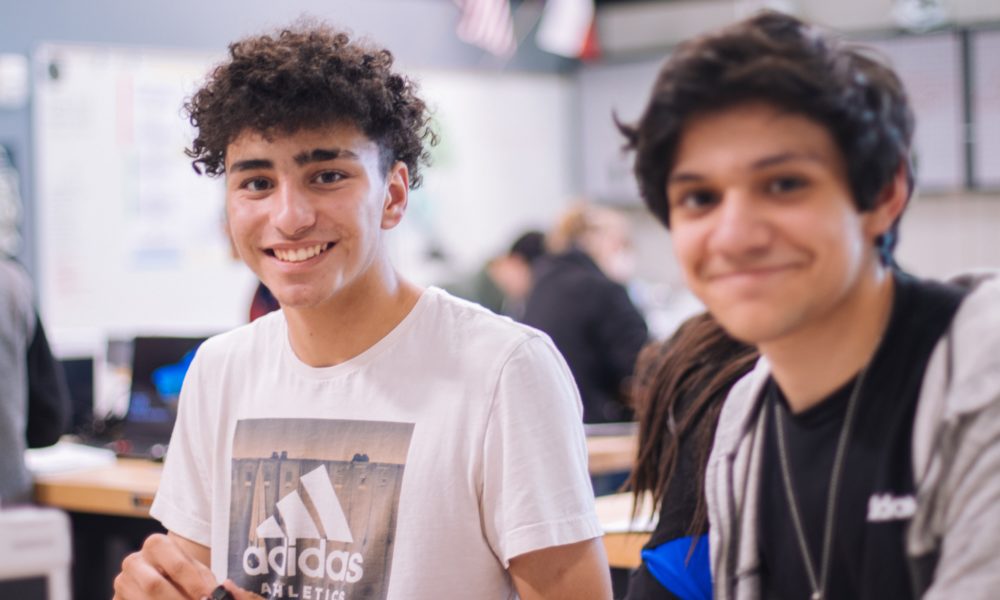Education Rights Holders are an important part of the “village” that supports children and youth experiencing the foster care system. School is such an important part of a child’s life, it helps them grow, not only academically, but emotionally and socially. For children and youth in need of additional support and who do not have an active parent or guardian to guide them, school can be stressful place. Education Rights Holders are the champions who step in when a parent is unable or unwilling to advocate for a child’s education.
What is an education rights holder?
“Education Rights Holders” support children and youth when a parent or caregiver is unable to participate in a youth’s education. In these cases, the court has to appoint a responsible adult to stand in the parents’ place. For foster youth who don’t have any family or friends who can fill that role, CLC recruits and trains volunteer education rights holders. An education rights holder can also hold co-education rights with a parent in cases where a parent may need some hand holding when it comes to educational advocacy.
How long is training?
Training to become an education rights holder lasts approximately 4 hours. It is conducted in-person, but is currently being conducted over zoom to adhere to COVID-19 precautions.
What does training involve?
Education rights holder trainings are conducted by CLC’s education team and covers several subject areas, including the basics of dependency law, basics of education law, special education law and how education law pertains to foster youth. Each training contains hypothetical situations and will cover expectations, healthy boundaries, and how to work with youth who have experienced trauma.
What is the time commitment?
Once trained an education rights holder will be paired with a youth in care. Education rights holders should expect to allocate 3-5 hours per month to supporting their youth. The time commitment will include (but is not limited to):
- Checking-in with youth
- Attending meetings
- If needed, attend IEP meetings
- Providing an update to the court at least once every 6 months
- Attending any other meetings required to ensure the child is having their needs met
Education rights holders will have a consult with the youth’s attorney before each meeting or court report. On many occasions, the attorney will accompany the education rights holder to meetings.
Requirements
- Must pass a background check
Characteristics of a Great Education Advocate
- Patient
- Understands the impact of trauma on learning
- Willing to be a STRONG advocate
If you decide to be an Education Rights Holder
DO:
- Advocate for the youth to remain in his/her school of origin. This year (2021) in particular is especially important!
- Make sure the student has everything they need to succeed. Important items include proper technology, textbooks, school supplies, uniform, and more.
- Confirm the youth is properly enrolled in and attending school regularly.
- Connect with the youth’s school and stay informed about any meetings or important information about the student.
- Meet with the youth, get to know their academic history, review school records, and connect with others involved in the youth’s education (Attorney, social worker, teachers, etc.).
- Advocate for the youth to ensure they are not penalized for absences related to placement changes or court appearances.
- Keep the youth’s attorney, social worker, or probation officer apprised of any changes in the youth’s progress and educational status.
- Participate in all education-related meetings, IEPs, disciplinary meetings, teacher conferences, and more.
- Be a strong advocate on behalf of the youth and reach out to their attorney if for any reason you are no longer able to perform your duties as an education rights holder.
Everyone deserves to have an advocate in their corner when things in life get hard, school is one of those things. Thank you for considering becoming an Education Rights Holder!

